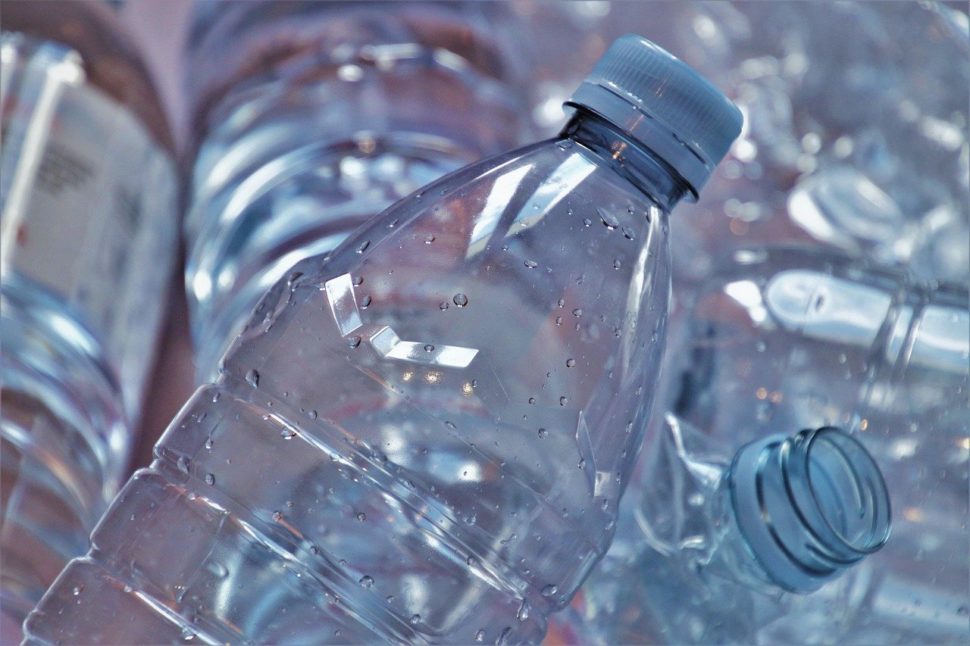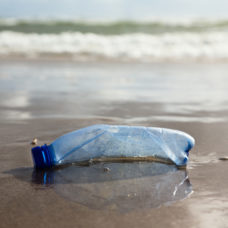A team of scientists successfully re-engineered two plastic-eating enzymes, making them faster and more efficient at breaking down polymer.
The plastic-eating bugs were first discovered by researchers from the Kyoto Institute of Technology and the Keio University in 2016. Since then, scientists have been studying and re-engineering the bacterium Ideonella sakaiensis – the one responsible for producing the enzymes capable of breaking plastic down.
University of Portsmouth researchers led by John McGeehan introduced the first re-engineered version of the bug in 2018. Back then, the mutant enzyme (PETase) already performs way better than the original bacterium.
However, McGeehan and his team believe that they could still speed up the enzyme’s process and make it more viable for commercial use.
Re-Engineer Enzymes Break Plastic Down Six Times Faster
Ideonella sakaiensis produces two enzymes – PETase and MHETase.
PETase can eat through polyethylene terephthalate (PET) or polymer (plastic) and break it down into simpler structures. However, it is only 20 percent more effective at breaking down plastic than the natural process.
To address this issue, McGeehan and his colleagues turned to MHETase, the second enzyme from Ideonella sakaiensis.
MHETase breaks down the compound formed during the first step of the polymer breakdown process – the mono(2-hydroxyethyl) terephthalate (MHET) – into simpler forms: terephthalic acid (TPA) and ethylene glycol.
The scientists linked the enzymes and observed how the two will work in a laboratory setting.
The team noted that the two-enzyme cocktail breaks down plastic six times faster than the natural process. However, they also observed that without PETase, MHETase has no effect on any polymer material.
McGeehan and his team are still working on tweaking the enzymes to make them work even faster.
“There’s huge potential. We’ve got several hundred in the lab that we’re currently sticking together,” McGeehan was quoted as saying.
According to statistics, 2.4 million tons of PET plastic are being disposed in the United States annually. Between 26 percent and 41 percent of this is water bottles.
Plastic takes up to 500 years to decompose in landfills, and many of them end up in the ocean. This breakthrough study could pave the way to solve humankind’s plastic pollution problem.
The researchers’ study is published in the journal Proceedings of the National Academy of Sciences.



















Comments (0)
Most Recent